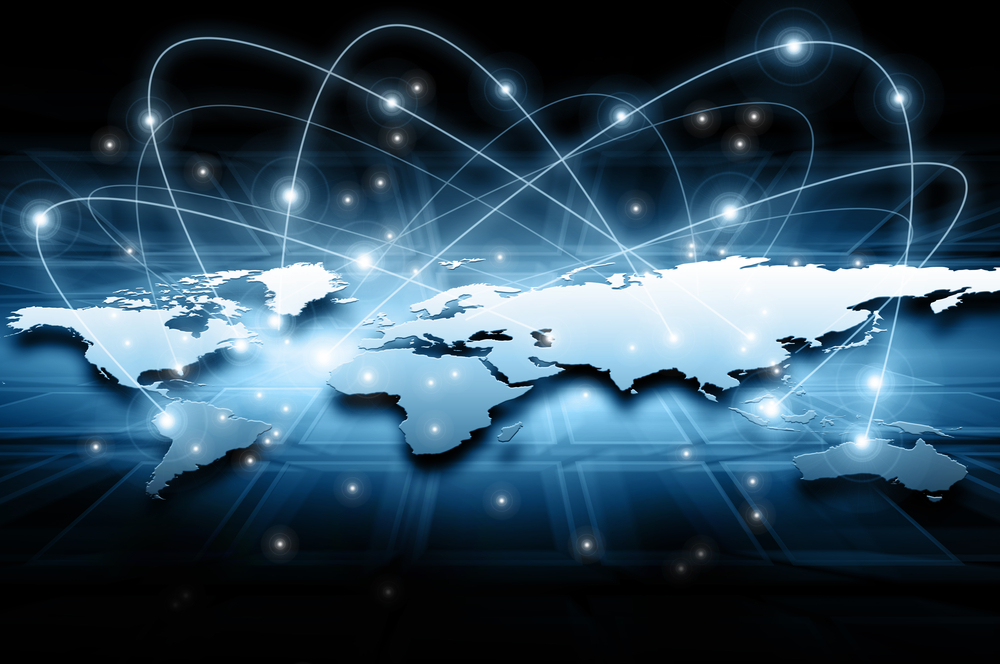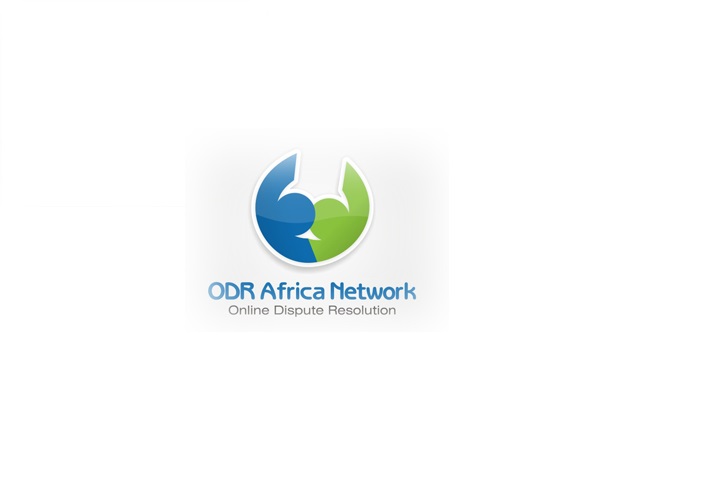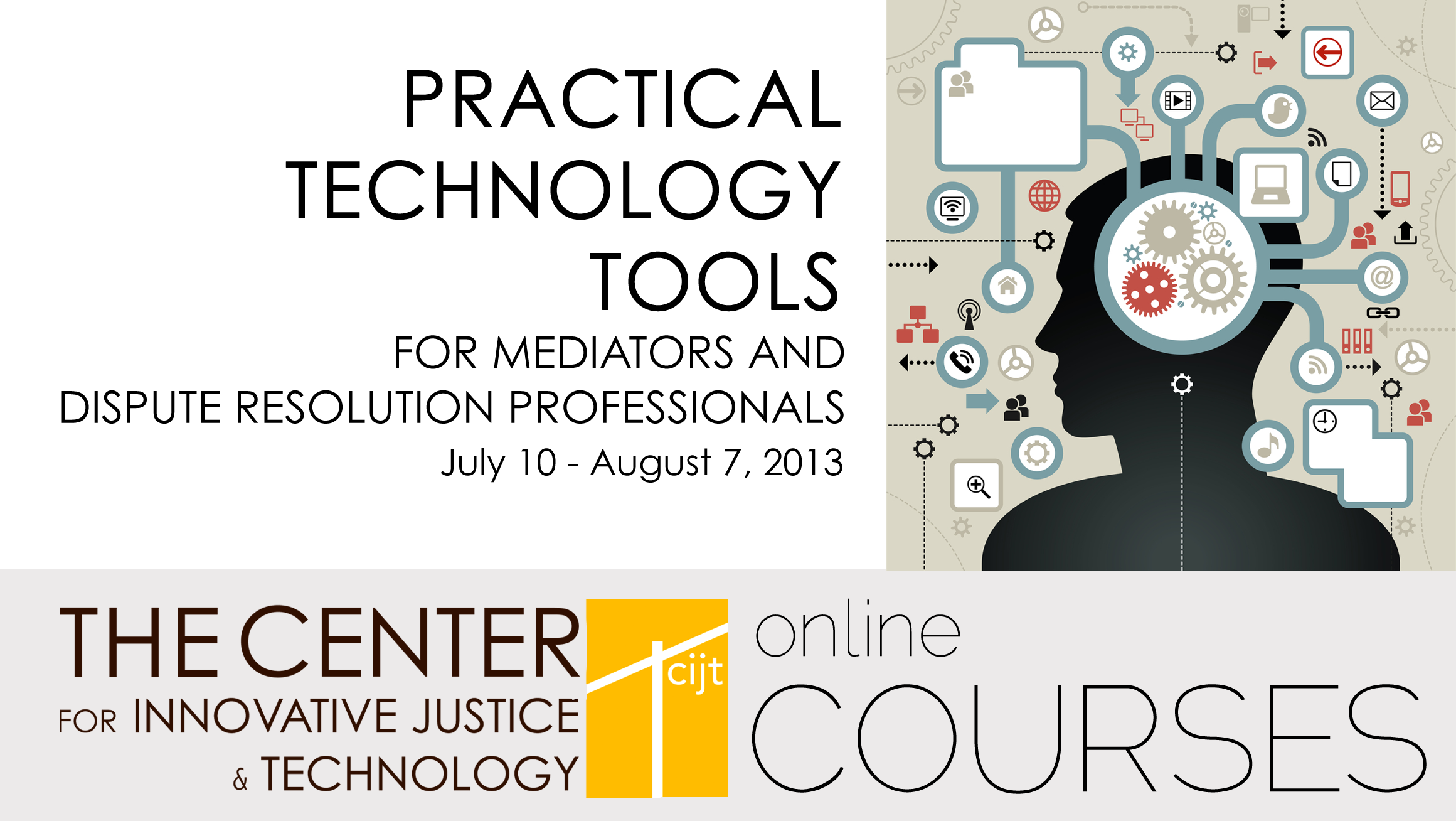As the ODR industry prepares to gather for its fifteenth annual meeting of the minds in the Hague, Netherlands, we do so at a time when the future of technology-enabled dispute resolution appears very bright. Governments are embracing (and in some cases mandating) ODR as an effective tool; ODR-specific business are emerging and growing faster than ever; and better and more powerful tools are becoming available for individuals, consumers, businesses, and the courts. But during these halcyon days, it is more important not to forget where we have come from, and, perhaps more importantly, where it is we want to go.
As I recently wrote with several colleagues, “[t]he problem for the legal community is that these changes will happen whether we help shape them or not. All users of the Internet acting together will begin to define organic norms for online interaction as they continue to communicate, trade and sign agreements. The justice layer will form on its own. If we want to do more than witness the process unfold, we must consciously and actively build the justice layer of the Internet.” In other words, we need to be the change we envision. And, in our time together at the Peace Palace as we embrace the potential for a peaceful world and a future embodied by relationships that foster a more mindful and empathetic civilization, we must rise to the challenge not only for ourselves, and our industry, but for the world as a whole.
Mindfulness, or the practice of being aware of the present moment, has been all the rage in Silicon Valley for a few years now, with many of the largest tech companies integrating its practices into their workplace cultures. As I approach ODR 2016, here are a few of the mindfulness moments on my mind:
1. We are not alone in this journey – but know the intentions of your partner. The ODR community has grown significantly, and although many of the same faces from the first conferences will be in attendance at the Hague, there are many who have never attended, but nevertheless are doing work which directly correlates with our own.
One of the most obvious connections is with the artificial intelligence field, with an example being Facebook’s recent implementation of chatbots onto its Messenger platform. Although chatbots are not a new phenomenon, the technology is quite significant for the ODR field, and its application to a platform as ubiquitous as Facebook has vast implications. The technology, which takes your personal information as well as all of the knowledge of the internet and applies natural language processing, AI, and human assistance as necessary, has the potential to be, as Facebook hopes, a personal shopper or customer service representative for one of its many advertisers. For many of us, however, ceding the territory of personal choice as to what we see and experience to corporate developers, is something that should be a choice, not a given. Will we continue to use new technologies without thinking about anything more than the convenience their use brings to our lives?
At the last year’s ODR 2015 at Pace University Law School, I had the chance to meet Doc and Joyce Searls, and start a conversation about shifting the balance of power from corporations who presently have the power to shape and decide what technologies we use, to all of us. I teach a course in Global Cyberlaw, and, the first lesson of my class is that the “Terms of Service” that corporations ask us to “click” and “accept” shift our power of choice from all of us to them. We do this intentionally, because it is convenient, and we want to use their technology. But it certainly isn’t a “mindful” choice. Because we are the same population who complain about the invasions of privacy and surveillance that accompany “mindless” clicks and accepts that result in the aggregation of huge data mine stores about us attract hackers from all corners of the earth.
For the ODR field, we could work to shape this new technology. It could be our opportunity to make the new technologies such as “chatbots” our personal advocates. Chatbots, and related technologies could provide every citizen with information relevant to their dispute, advising them of their rights, and suggesting potential opportunities for compromise. The developers of these sorts of tools may not know about the work of ODR2016, but they should, and we should strive to work with them in the future.
2. We must learn from the failings of the old. Replicating systems of yonder years into the digital world is not changing the system. It is saving trees. One example that is mind boggling is the almost 20 years it has taken for e-filing to make its way to the courts. And yet, e-filing is still a relatively new phenomenon in many US state courts. Far from transformational, e-filing is just connecting a fast electronic pipe to the brick and mortar courthouse. Though the filing has been digitized, access to the courthouse itself has not changed. In the US, the World Justice Project rankings have dropped the US down to 21st in world rankings for access to justice. And, this ranking only reflects access to formal justice systems such as courts and other government institutions. Most people don’t think of ‘justice’ in this way. In fact, the American Bar Foundation points out in a recent research study that 75% of Americans with justiciable concerns don’t even reach out to lawyers, courts, and government as the first stop to address their concerns.
This is our opportunity to think creatively to solve the problems that have plagued our courts for years and have deprived those most in need of assistance in finding what is fair. This is also an opportunity to change the culture and outside perceptions of lawyers, judges, and the courts. For too long, the law has been perceived, both rightly and wrongly, as a tool of the haves, and a means of subjugation of the have nots.
To change this perception will require very difficult choices, most notably with regards to sourcing resources for further research and development. If ODR systems are developed (or paid for) by the very entities which have a stake in the outcomes, how will the public perceive these systems? Or in a worst case scenario, will we be merely creating modern contracts of adhesion or rigged binding arbitration clauses with digital procedures added for good measure? But if the resources of interested parties are not used, will these systems ever be built to scale? I suspect that a middle ground will be necessary, one which emphasizes the importance of established best practices and standards, independent neutrals and regulators, and transparency in design and outcomes.
3. Technology alone is not the answer. Rule of Law is not an algorithm. The efficiencies and economies of scale of technology are undeniable, but the human touch is irreplaceable. For all the bots and lines of code, there is no comparison to an empathetic ear, the patience of reassuring counsel, or the tone of a reproaching or sympathetic judge. I am not so naive to think that if large-scale dispute resolution systems are to be implemented, less direct human interaction will be required, but to the degree that we do not accept this as a given, and that we constantly strive to deliver tools and resources that cater to our humanity and uniqueness, the better off, and more successful, this industry will be.
InternetBar.org Institute, Inc. 19 April 2016
Photo: World Wide Web by Ai.Comput’In [Creative Commons Attribution-NonCommercial-NoDerivs]





 Daniel Rainey is one of the leading ODR educators and practitioners in the world. Working with the University of Massachusetts at Amherst, he was one of the first instructors to teach a university ODR course, and has since developed graduate level ODR courses for several universities and dispute resolution centers. He has designed ADR and ODR systems for numerous organizations.
Daniel Rainey is one of the leading ODR educators and practitioners in the world. Working with the University of Massachusetts at Amherst, he was one of the first instructors to teach a university ODR course, and has since developed graduate level ODR courses for several universities and dispute resolution centers. He has designed ADR and ODR systems for numerous organizations.